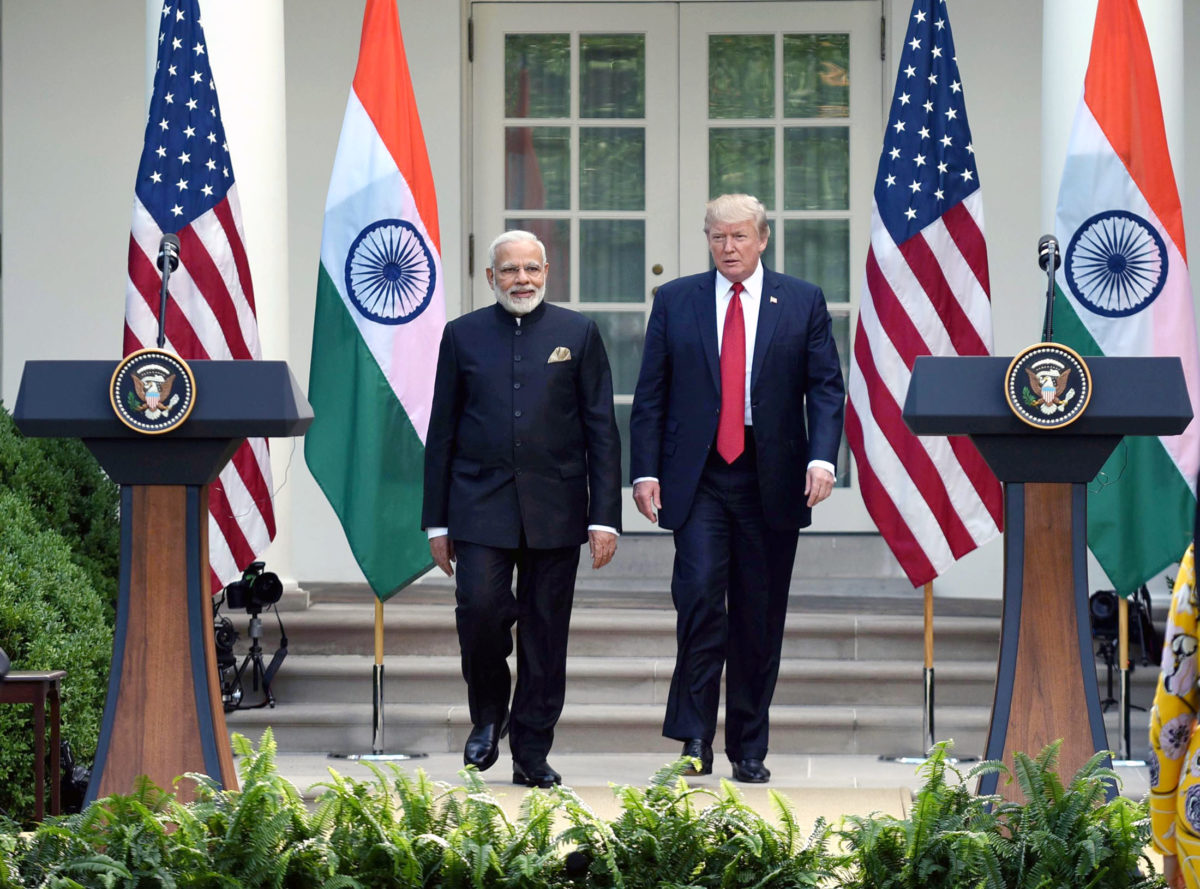From pv magazine India.
Since September 2016 India has sought consultations with the U.S. concerning subsidies paid to energy projects in various U.S. states which included American-made components. India argued such incentives accorded less favorable treatment to Indian solar imports, denying them an equal opportunity of competing in the U.S. market.
After dialogue failed to resolve the row, the dispute settlement body at the World Trade Organization (WTO) established a panel to examine India’s complaint.
U.S. states including Washington, California, Montana, Massachusetts, Connecticut, Michigan, Delaware and Minnesota have all offered incentives to PV projects featuring American-made components. Washington provides incentives for customer-generated electricity produced using solar inverters and modules made in the state. California provides a 20% incentive payment for the installation of distributed generation resources from a California supplier or generation and energy storage equipment manufactured in the state.
Unfair treatment
The WTO panel yesterday announced it had found U.S. incentives gave an advantage for the use of domestic products which amounted to less favorable treatment for similar imported products and the decision will come at an awkward time for U.S. President Donald Trump, who has been busy lambasting India ahead of this weekend’s G20 global trade gathering in Japan and demanding it remove trade measures against U.S. imports.
In return the U.S. had sought to impose similar measures on India citing the nation’s failure to comply with a WTO decision to remove inconsistent measures for implementing its National Solar Mission policy. India’s policies, the U.S. claimed, had prompted American solar exports to the nation to tumble more than 90%.
Those retaliatory measures by the U.S. triggered a wave of support for India from the EU as well as Brazil, China and Japan. The consensus appeared to be that the retaliatory measures were unjustified.
This content is protected by copyright and may not be reused. If you want to cooperate with us and would like to reuse some of our content, please contact: editors@pv-magazine.com.




By submitting this form you agree to pv magazine using your data for the purposes of publishing your comment.
Your personal data will only be disclosed or otherwise transmitted to third parties for the purposes of spam filtering or if this is necessary for technical maintenance of the website. Any other transfer to third parties will not take place unless this is justified on the basis of applicable data protection regulations or if pv magazine is legally obliged to do so.
You may revoke this consent at any time with effect for the future, in which case your personal data will be deleted immediately. Otherwise, your data will be deleted if pv magazine has processed your request or the purpose of data storage is fulfilled.
Further information on data privacy can be found in our Data Protection Policy.